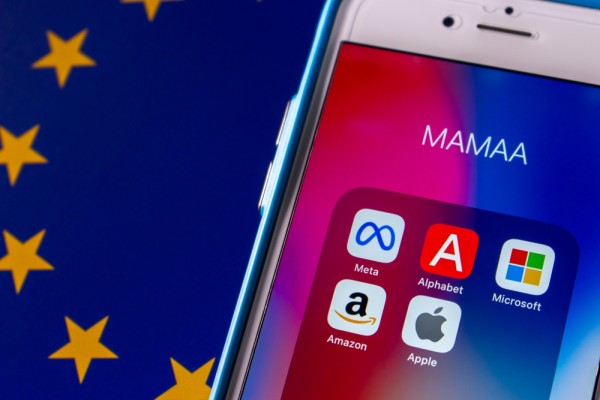EU announces 6 tech companies fall under DMA scope
06/09/2023 | European Commission
On Wednesday, 6 September, the European Commission announced a list of six technology companies that it intends to regulate under the Digital Markets Act (DMA). The announcement comes less than two weeks after the enforcement of the Digital Services Act (DSA) began.
The six designated "gatekeepers" include Alphabet, Amazon, Apple, ByteDance, Meta, and Microsoft. A total of 22 core platform services operated by these companies have been designated under the DMA, and the Commission hopes to rein in their market power by applying proactive, pro-competition rules on their operations.
The list includes:
- Social networks:
- TikTok
- Intermediation services:
- Google Maps
- Google Play
- Google Shopping
- Amazon Marketplace
- iOS App Store
- Meta Marketplace
- Ads delivery systems:
- Amazon
- Meta
- Internet browsers:
- Chrome
- Safari
- Operating systems:
- Google Android
- iOS
- Windows PC OS
- Number-Independent Interpersonal Communication Services (N-IICS):
- Facebook Messenger
- Search engines:
- Video sharing platforms:
- YouTube
The threshold for designation as a gatekeeper under the DMA is having more than 45 million active users, a turnover of more than €7.5 billion, and a market capitalisation of at least €75 billion. The DMA will force companies like Apple to open up their operating systems to allow the installation of third-party app stores while messaging services WhatsApp and Facebook Messenger will be required to be interoperable with other services to ensure that users aren't forced to choose the most dominant players in the market. Gatekeepers will also be prohibited from self-preferencing and aggregating data from different services. In the event of non-compliance, the EU Commission can impose fines of up to 10% of a company's global turnover, with the fine increasing to 20% in the case of repeated violations.
It was believed that Samsung would be the seventh tech company designated as a gatekeeper, however, this proved not to be the case. Meanwhile, the Financial Times (£) reported on Monday that Apple and Microsoft had lobbied the EU to prevent their iMessage and Bing services from being included in the list of designated services.

What is this page?
You are reading a summary article on the Privacy Newsfeed, a free resource for DPOs and other professionals with privacy or data protection responsibilities helping them stay informed of industry news all in one place. The information here is a brief snippet relating to a single piece of original content or several articles about a common topic or thread. The main contributor is listed in the top left-hand corner, just beneath the article title.
The Privacy Newsfeed monitors over 300 global publications, of which more than 6,250 summary articles have been posted to the online archive dating back to the beginning of 2020. A weekly roundup is available by email every Friday.

